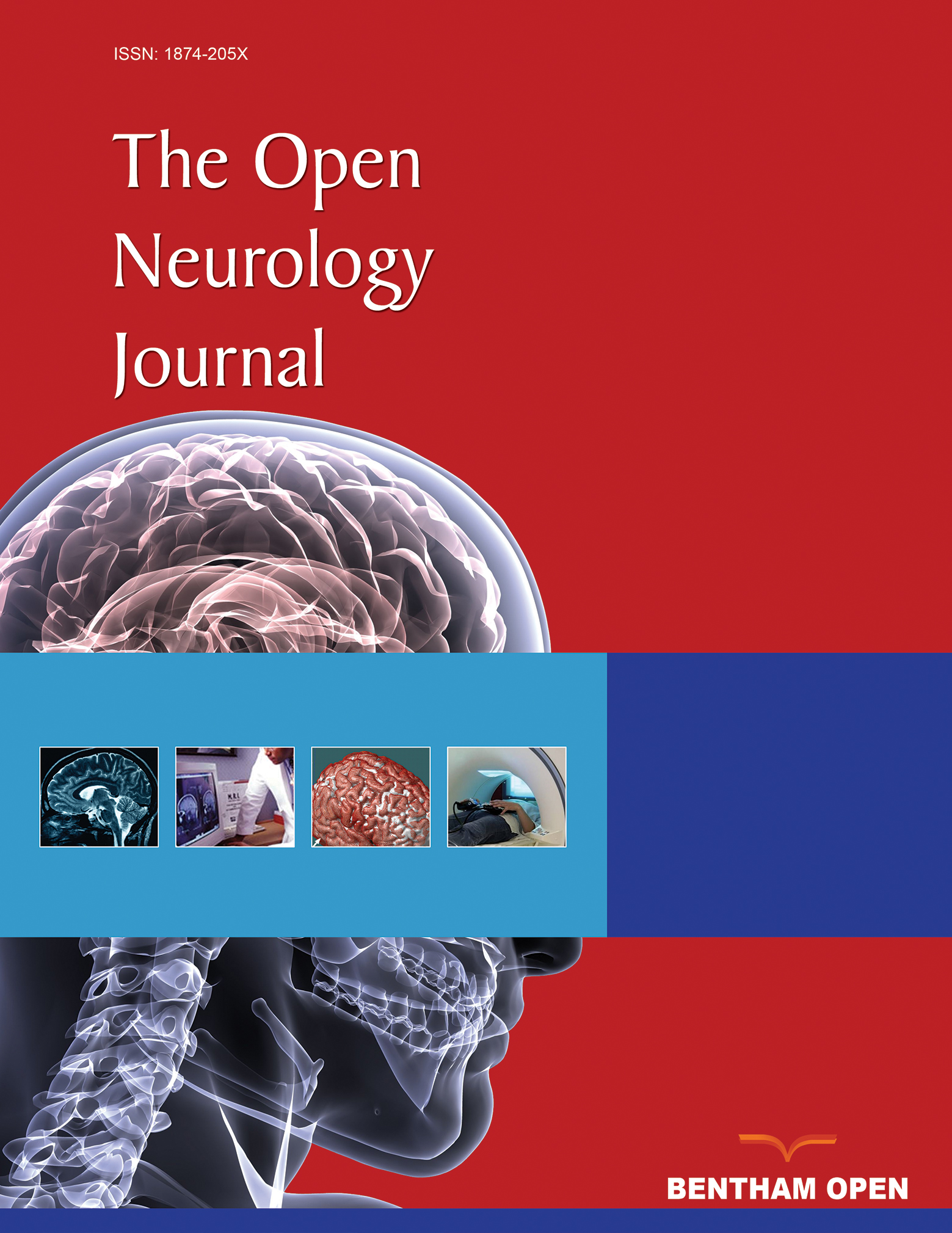All published articles of this journal are available on ScienceDirect.
Neuropsychological and Syntactic Deficits in HIV Seropositive Males
Abstract
Objective:
Given the underlying frontal-basal ganglia circuit neuropathogenesis of HIV-infected individuals, it is surprising that little is reported about potential language deficits as part of their higher cognitive dysfunctional profile. This study aims to elucidate whether HIV-positive individuals have linguistic impairments that may originate from or be intensified by deficits in cognitive functions. The research questions address (i) quantitative differences in sentence repetition abilities involving complex syntactic phenomena between adults with HIV and non-HIV healthy controls (ii) correlations of sentence repetition scores with neurocognitive measures and (iii) correlation of sentence repetition performance with duration and severity of HIV.
Methods:
A battery of neuropsychological tests were administered to 40 HIV - seropositive males and 40 demographically matched healthy controls to assess verbal learning/episodic memory, psychomotor speed, executive functions and visuospatial abilities. Language abilities were evaluated using a repetition task that screened specific complex syntactic operations at the sentence-level.
Results:
A significant difference was noted between the two groups regarding correct repetition of the sentence repetition task with the control group outperforming the HIV-seropositive group. For the HIV group, significant correlations were found for correct sentence repetition with years of education, duration of illness, Mini-Mental State Examination, semantic and phonemic fluency, symbol digit modality test scores, and the Trail Making Test (parts A and B).
Conclusion:
Speech-language pathologists and neuropsychologists should screen for language deficits associated with the different clinical syndromes in HIV patients as part of their routine clinical care.


